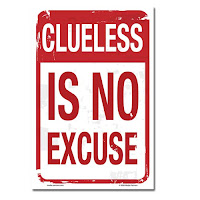The Whole Story
When leaders create the culture for their teams (yes, the leaders are responsible) it is imperative that they hear all of the issues. Typically employees hold back and are not completely open about their feelings (good or bad) for three basic reasons:
1 - They fear retaliation.
2 - They lack the self-confidence to speak up.
3 - Leadership has not created an environment where it is safe to share all of the details.
What are you going to do about these barriers? Often times employees will share most of what is on their mind, but not necessarily the whole story. That's when you ask them the big question: "What is your last 10%?"
 Create the Culture and Get Results
Create the Culture and Get ResultsLeaders are the ones that can get that last 10% of the story. But it can only happen if they've done the work ahead of time to build the necessary relationships with the staff. Leaders set the tone for how people will work together. Leaders get things done if they have created an environment where people can feel safe, supported, and encouraged to fully participate.
How About You
Think about the people who work for you. Do they tell you the whole story? Have you ever had to revisit issues again and again to finally get everything you needed to make a decision? If so, it's time to focus on the culture you've created. Then you'll be ready to ask for their last 10%.
I'd love to hear from you.
No Excuses.
pic courtesy of Duplex Chick













